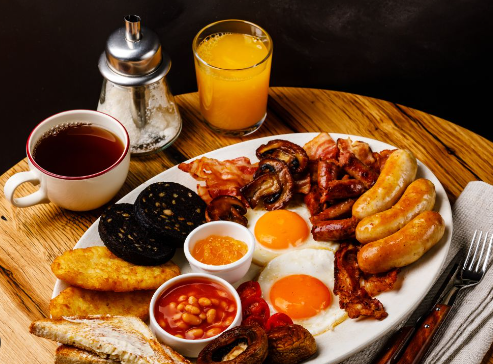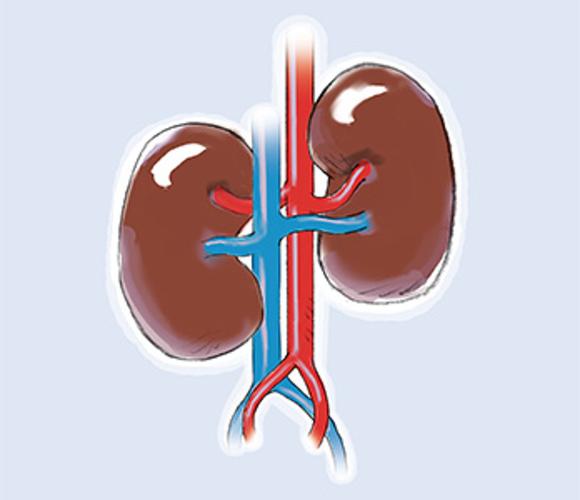Misleading Labeling
One of the biggest secrets in the diet industry is misleading food labeling. Many products claim to be “low calorie” or “fat-free,” but a closer look reveals hidden sugars, additives, and other ingredients that can contribute to weight gain. For example, some low-fat yogurts may be high in sugar to make up for the lack of flavor from the removed fat. Consumers need to be vigilant and read labels carefully to understand what they are really putting into their bodies.
Portion Distortion
The diet industry often plays on portion sizes to make products seem healthier. A single serving may be much smaller than what people actually consume, leading to an underestimation of calorie intake. For instance, a bag of chips may list a low calorie count per serving, but if you eat multiple servings without realizing it, the calorie total can add up quickly. Understanding proper portion sizes is crucial for managing calorie intake.
Fad Diets
Fad diets are a common tool of the diet industry, promising quick weight loss with minimal effort. However, these diets often focus on extreme calorie restriction or elimination of certain food groups, which can be unsustainable and even harmful to health. In the long run, most people regain the weight lost on fad diets, and the cycle of yo-yo dieting begins. It’s important to approach weight loss with a balanced and sustainable approach.
Marketing Manipulation
The diet industry uses powerful marketing tactics to convince consumers that their products are the key to weight loss. From celebrity endorsements to before-and-after photos, these marketing campaigns often create an unrealistic image of what can be achieved. Consumers need to be skeptical of these claims and look for evidence-based approaches to weight management.
Hidden Calories in Beverages
People often overlook the calories in beverages, but they can add up quickly. Sugary sodas, juices, and coffee drinks can be loaded with calories. Even seemingly healthy options like smoothies and protein shakes can be high in calories if they contain added sugars or excessive amounts of ingredients. Choosing water, unsweetened tea, or black coffee can help reduce calorie intake.
The Truth About Calorie Counting
Calorie counting is a popular method for weight loss, but it’s not always as straightforward as it seems. Different people have different metabolic rates, and factors like age, gender, activity level, and genetics can affect how many calories a person needs. Additionally, simply counting calories without considering the quality of the food can lead to a diet lacking in essential nutrients. A more holistic approach to eating that focuses on whole foods and balanced nutrition is often more effective than strict calorie counting.




